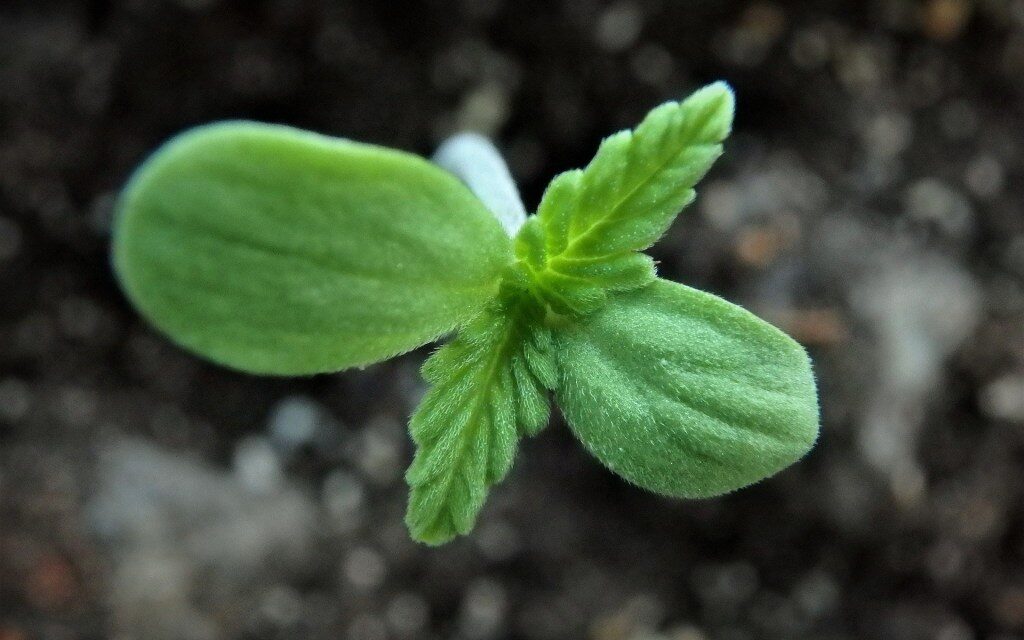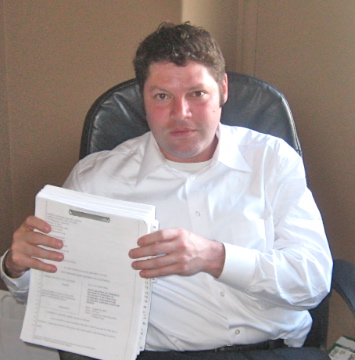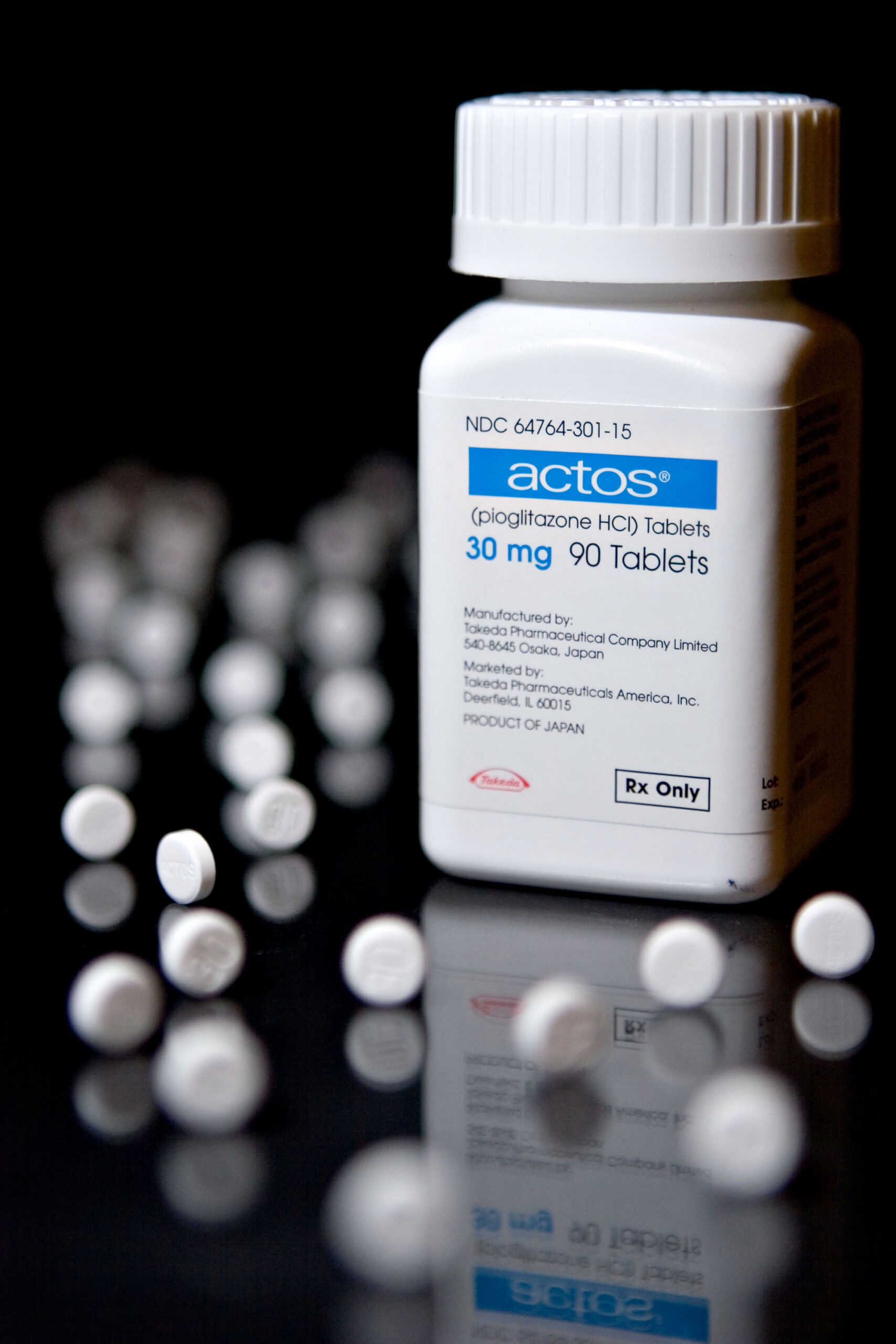August 16, 2020 “A dose of radio waves seems to encourage plant seedlings to grow slightly faster,” The New Scientist reported today. Margaret Ahmad at Sorbonne University in Paris, France, and her colleagues exposed thale cress seedlings (Arabidopsis thaliana) to weak pulses of radio frequency radiation at 7 megahertz, a frequency normally used by amateur radio operators. The team found that this altered the activity of a type of light sensor in the plants called a cryptochrome. The expression of several genes regulated by the cryptochrome also changed, and the seedlings grew slightly faster. This is the first time anyone has found a biological receptor sensitive to radio waves, and if confirmed, it could have applications from farming to medicine.”
Radio Waves May Speed Seedling Growth





